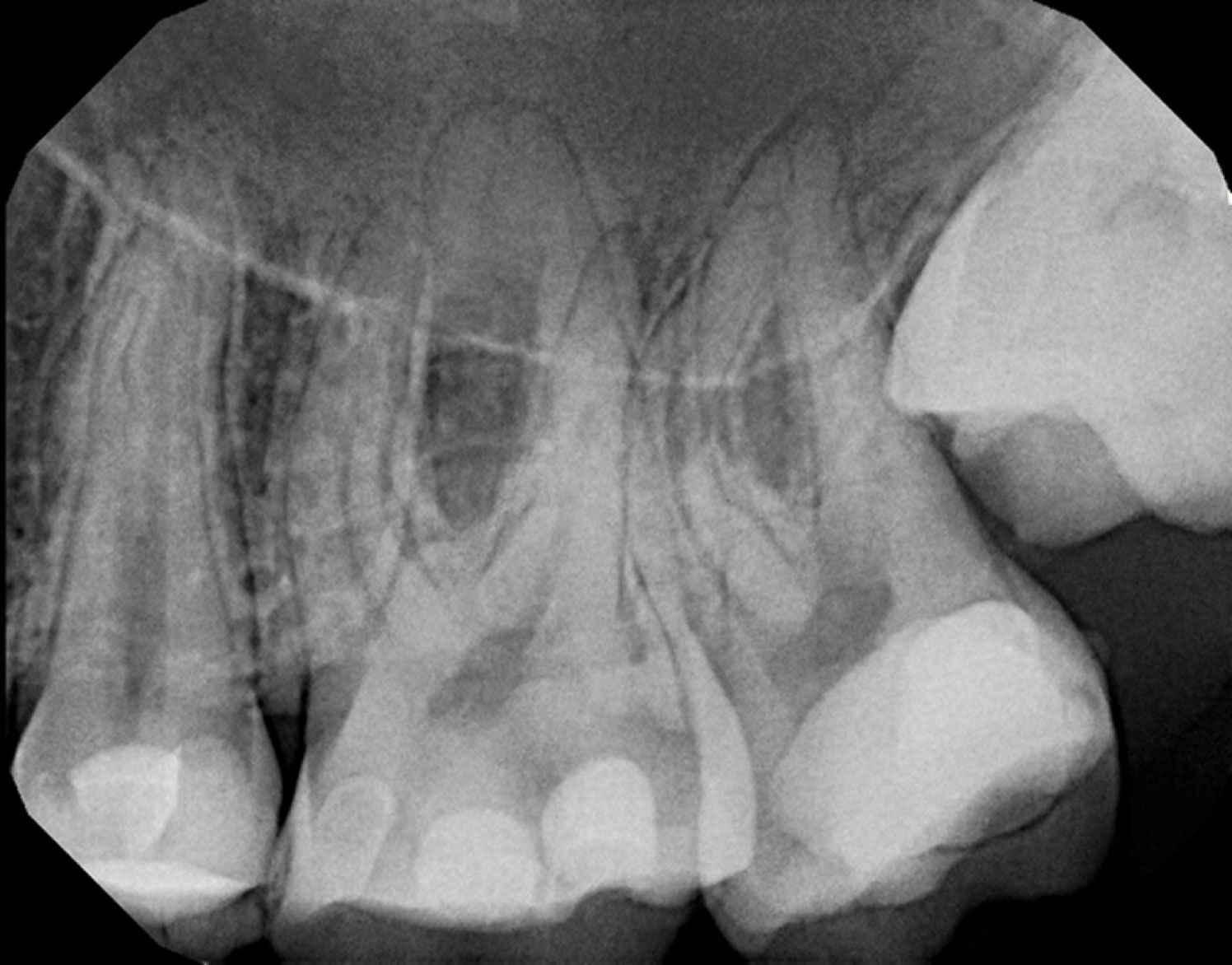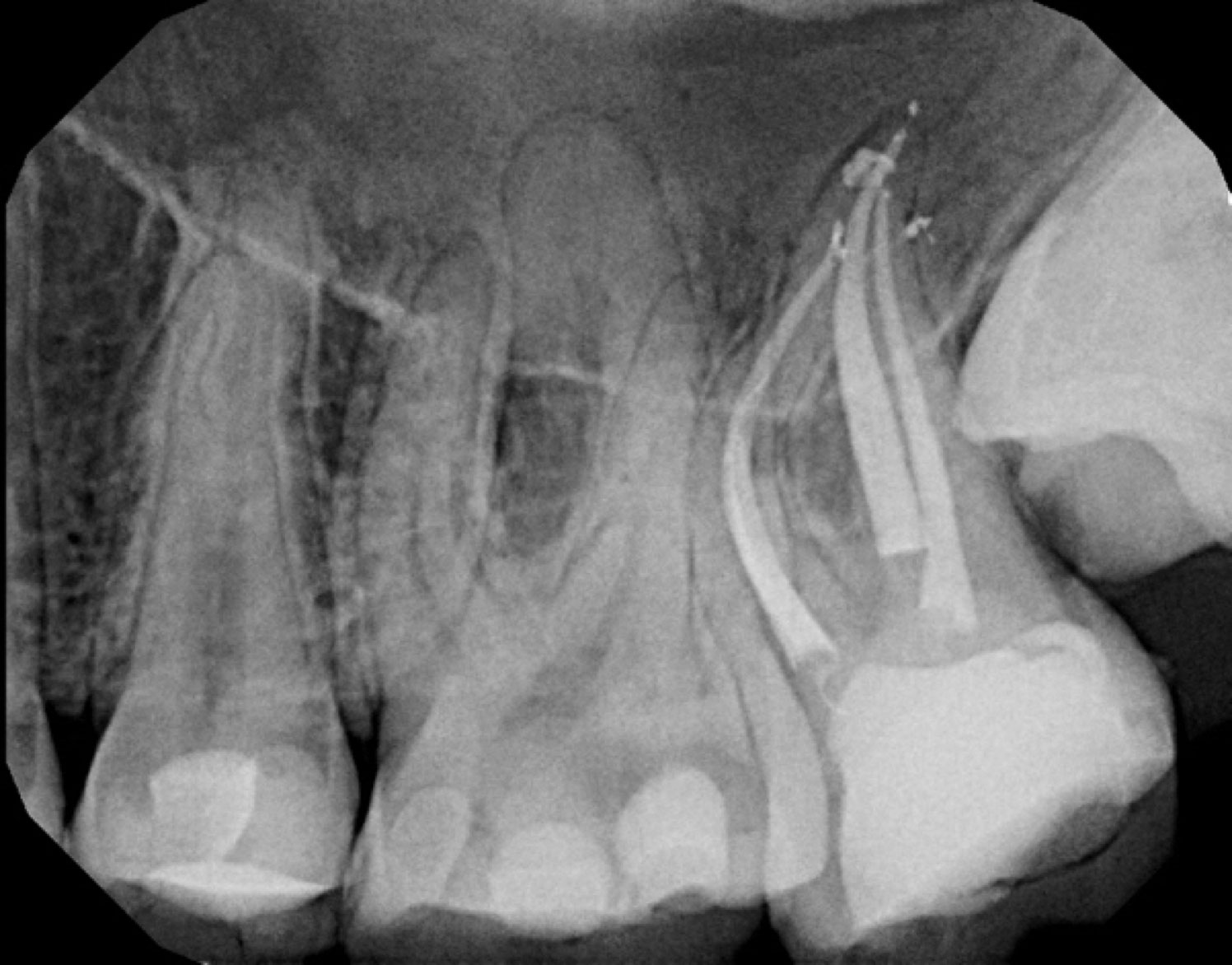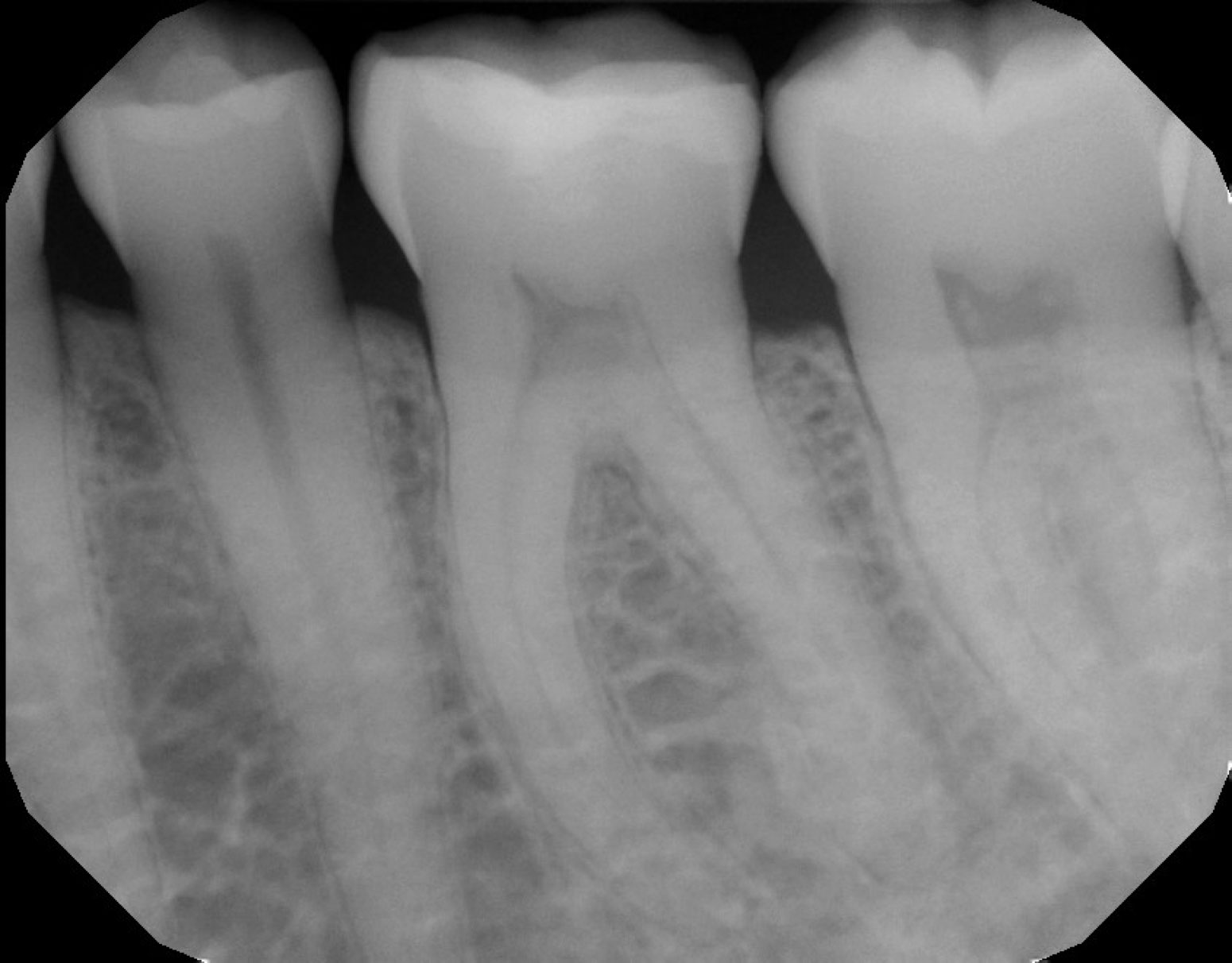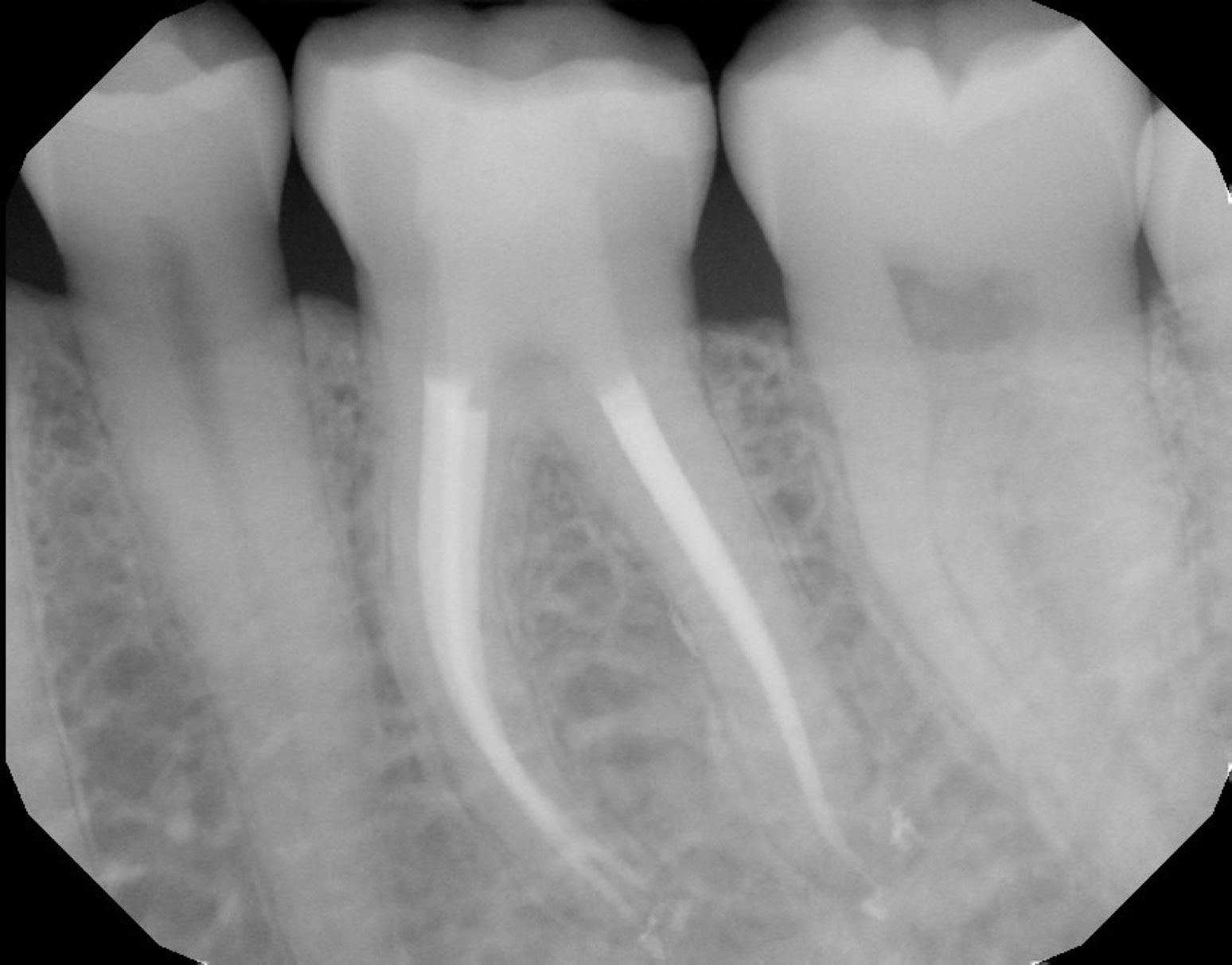Endodontics London
If you need a root canal or are dealing with tooth pain, you’re probably searching for more information and a bit of reassurance. At our London clinic, we provide specialist endodontic care focused on saving natural teeth and relieving pain with minimal discomfort.
Here’s what our patients often want to know:
What is Endodontics?
If you’ve been referred by your general dentist for a root canal or retreatment, it’s likely because the case needs a higher level of precision and experience.
Endodontics is a specialty of Dentistry that deals with diseases of the dental pulp and its supporting structures. The treatment preserves your natural tooth, usually in a single appointment, and avoids an extraction or implant.
Although General Dentists can perform Endodontic treatment, patients are often referred to us as specialist Endodontists, especially when the case is complicated or more difficult than usual.
At our clinic, we use advanced imaging, microscope operating techniques, combined with our years of specialist training to diagnose and treat complex cases – all in a calm and supportive environment.




Do I Need an Endodontist?
Endodontics is a dental specialty treating the inside of the tooth. It’s most commonly used to treat infected or damaged teeth through root canal treatment, helping you avoid an extraction. Think of it as rescue work for teeth, and our aim is to help you to keep your natural tooth instead of losing it.
What Makes The Harley Street Centre for Endodontics Different?
- Specialist-led care: You’ll be seen by one of our highly experienced endodontic specialists.
- Efficient treatment: Most cases can be treated in just one visit.
- Gentle and precise: Modern techniques mean treatment is effective and pain free.
- Trusted by dentists throughout the UK: We work with practices across the UK for trusted referrals as well as direct patients.
Visiting Us in London
Our clinic is centrally located in Harley Street, London and easy to reach.
We welcome both referrals and direct patients, so there’s no need to wait.
Whether you’re in pain, looking for a second opinion, or just want to understand your options, we’re here to help.
Frequently Asked Questions
Does endodontics hurt?
No. Root canal treatment at our clinic in Central London can be performed painlessly, rapidly and efficiently and will save your tooth. We pretty much guarantee that your treatment with us will be painless. All cases are completed under local anaesthesia.
For nervous patients, we can arrange for the endodontics to be completed under sedation.
Any minor discomfort pain after root canal treatment can be treated with over-the-counter medication.
With modern anaesthetic techniques, there will be no pain. We will numb the part of the mouth which is being treated. That feeling of numbness usually subsides an hour or so after the end of your treatment.
For more about treatment:
www.savingteeth.co.uk
Do I need a referral?
How long does treatment take?
What is the difference between a dentist and an endodontist?
Although all dentists are able to carry out some simpler endodontic treatments, a further period of study, 2-3 years after graduation enables a select number of dentists to qualify as a registered endodontic specialist. It is well recognised within the profession and literature that success rates in terms of tooth survival and elimination of infection are much greater when the treatment is completed by an endodontist.
What procedures do Endodontists perform?
Our team of root canal specialists in Central London focuses on the identification and treatment of severe tooth pain. The types of procedures we do are usually highly complex and can include everything from emergency endodontic procedures to root end surgery or apicectomy. Thanks to our specialist team and state-of-the-art clinic, we can treat:
- Tooth decay
- Tooth abscess
- Tooth injuries
- And cracked teeth
It should be appreciated that quality root canal treatment is a much lower cost option to tooth loss and implant replacement. Why lose a tooth that otherwise would be replaced by an implant?
Do I need endodontic treatment?
If you’re suffering from severe tooth pain, there’s a chance that the pulp or nerve in your tooth has become inflamed or infected. In this case, call on our root canal specialists at The Harley Street Centre for Endodontics in Central London to perform the necessary root canal procedure and avoid tooth loss.
The number one goal is always to save the natural tooth wherever possible, so coming to see us at the first sign of trouble is not only important but also helps us to treat the issue quickly and effectively.
Book an Appointment
Looking for an endodontist in London or expert root canal treatment? We’re happy to help. Our specialist team is here to answer your questions and get you out of pain — fast.
